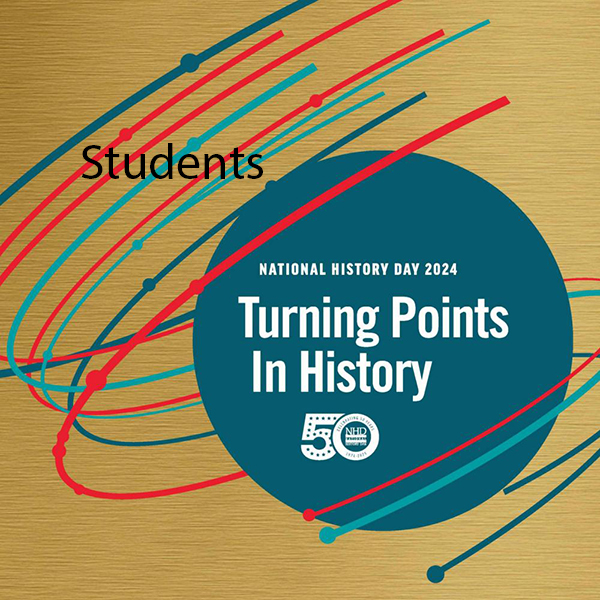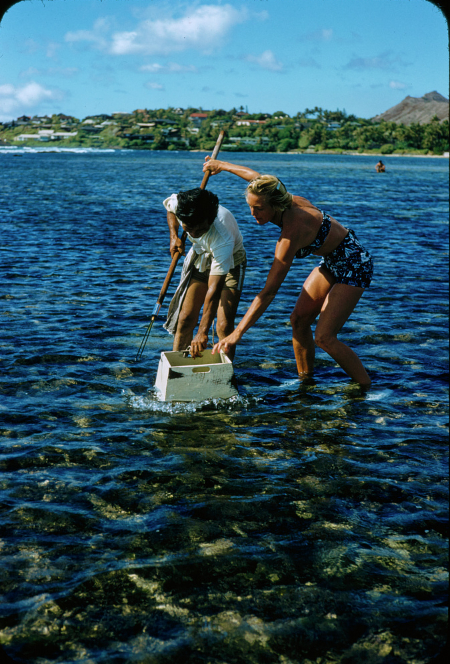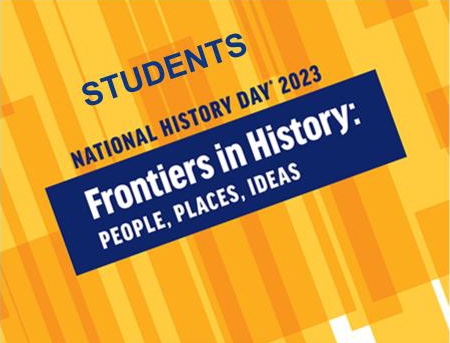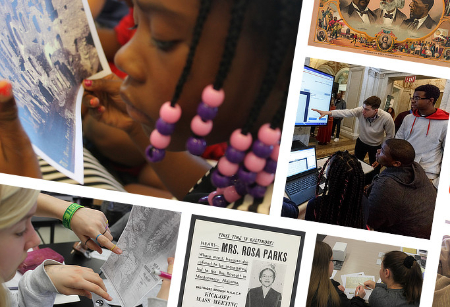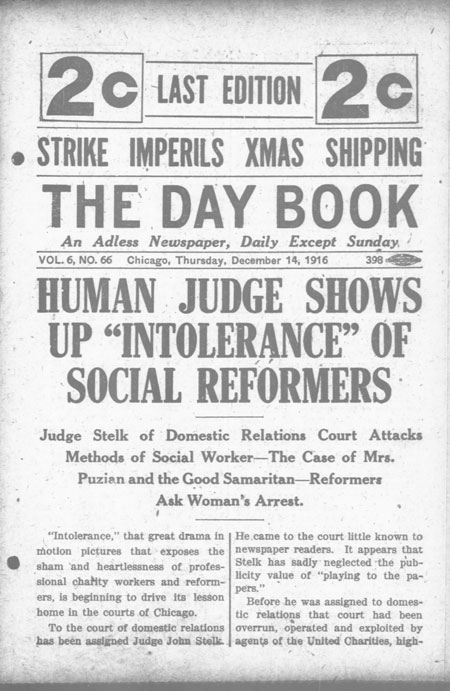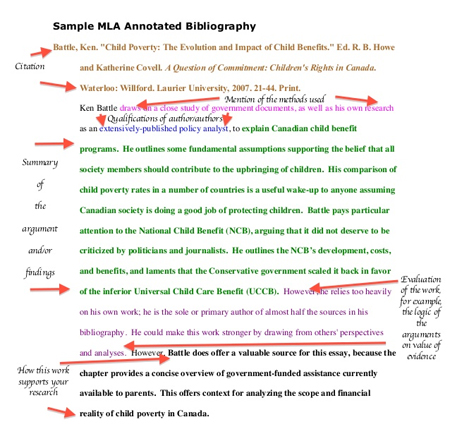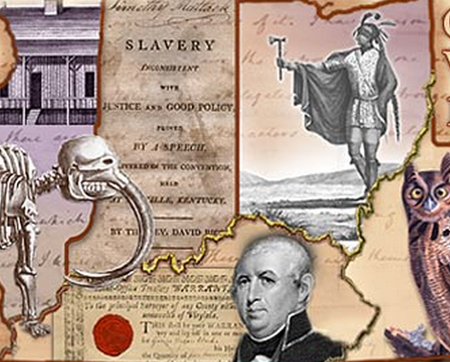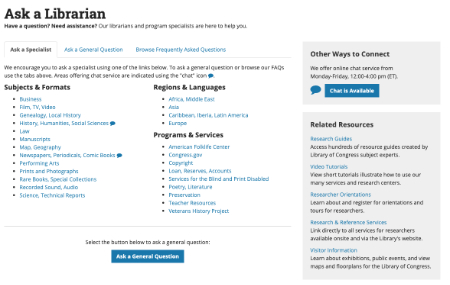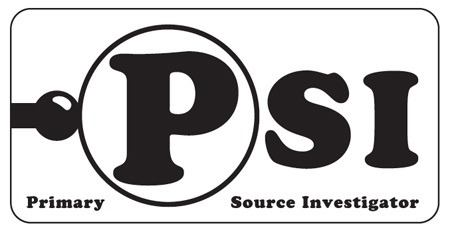NHD 2024: Student Resources & Strategies
Students, we have compiled a big list of resources to help you dig deep into National History Day (NHD) projects. Understanding NHD Projects RULES Every NHD project presents an historical argument, NHD offers five categories, or presentation, formats, in each division (Junior: grades 6–8, or Senior: grades 9–12). The documentary, exhibit, performance, and website categories…
